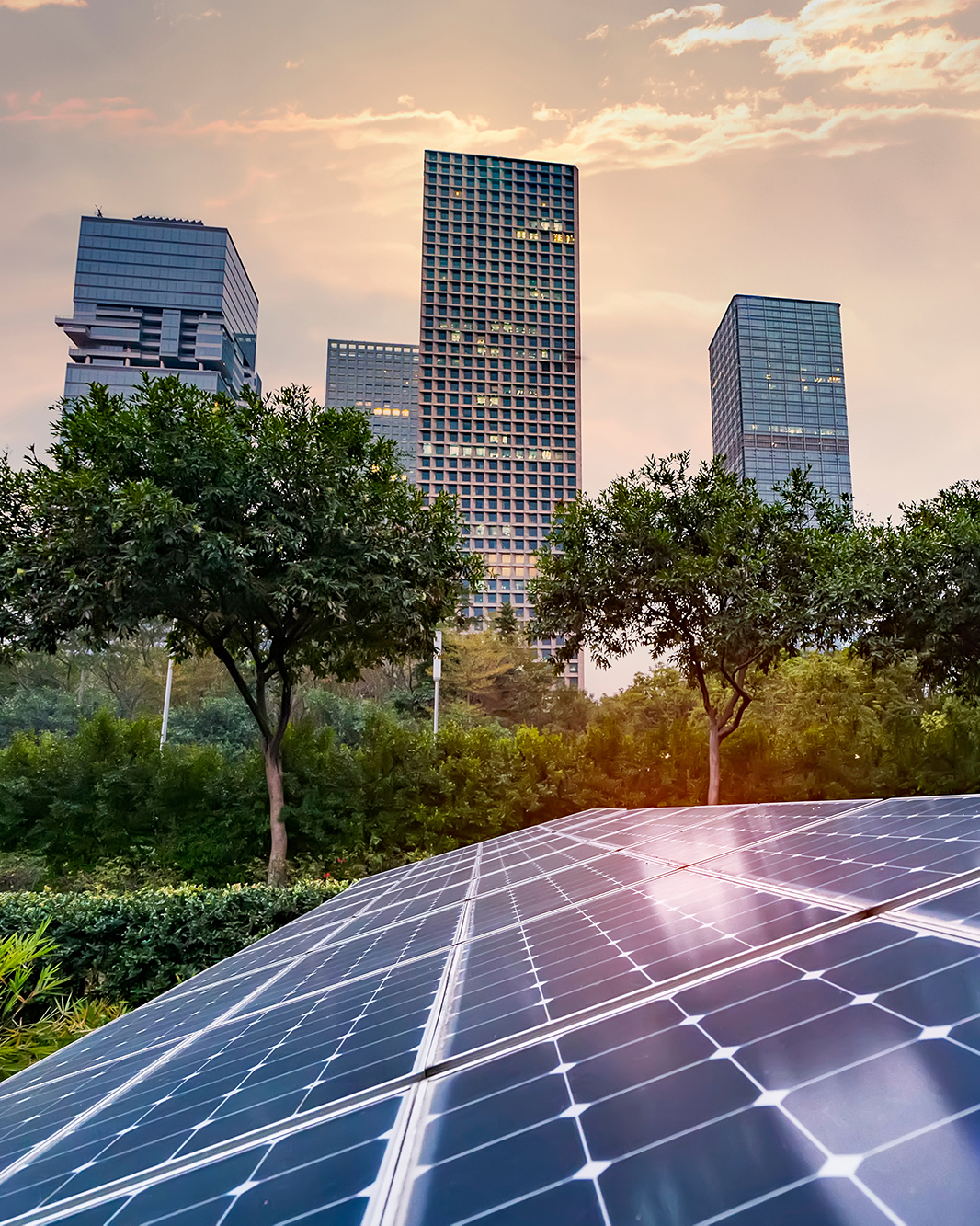Is it too late to do anything about climate change?
People who attend my Carbon Literacy training often ask if it's simply too late to do anything to halt dangerous climate change.
The good news is, no, there is still time to act. But we need to act as if it's urgent, because it is.
Back in 2015, 194 countries recognised this urgency when they signed up to the Paris Agreement. This meant that they agreed to try to limit the rise in the average global surface temperature to 1.5°C above pre-industrial levels.

1.5°C: how are we doing?
Currently, the average global temperature is around 1.1°C above pre-industrial levels and scientists are predicting that we will breach 1.5°C temporarily at least once before 2027. This might not seem like a huge increase, but we're already feeling the effects through everything from more droughts and heatwaves to rising sea levels and an increase in the number of wildfires.
According to Climate Action Tracker we're currently on track for rises of between 2.2°C and 2.7°C by the end of the century if governments adhere to all their own current policies. This could fall to 2°C if countries meet the pledges they have made.
In other words, we're not on track.
1.5°C isn't an arbitrary number either. The IPCC's Special Report on Global Warming states that global warming of 1.5°C will still mean increased risks to “health, livelihoods, food security, water supply, human security, and economic growth”.
2°C would be worse thought. At 1.5°C insects will lose 6% of their natural range at but this rises to 18% at 2°C.
Progress has been made
Climate change has been the focus of my work for more than 20 years now. When I started, the world was projected to be 4°C warmer by 2100. We've made so much progress since then as the Climate Action Tracker figures show.
The countries that signed the Paris Agreement are collectively responsibly for more than 98% of global emission so there's a lot of potential to get this right.
Yet more and faster action is required if we're to avoid a climate catastrophe. Everyone needs to act and so do the organisations we're part of.

Every fraction of a degree makes a world of difference
So what happens if we miss 1.5°C? We fight to halt things at 1.6°C and if we miss that we aim for no higher than 1.7°C and so on and so on.
Every tenth of a degree of temperature rise we can avoid, avoids deaths, avoids more extreme weather, avoids more disruption to our lives, avoids consequences for other species.
Climate literacy training offers a valuable avenue for organisations to get involved in tackling climate change and help us reach that 1.5°C target. With one day of accredited learning. You will learn the science behind climate change, practical ways your organisation can have maximum impact and guidance for getting others involved. You'll also come away with two pledges to make change in your organisation.
If you want to find out more about how your local authority, business or charity can benefit from undertaking a climate literacy course, please get in touch with me via my contact form.
